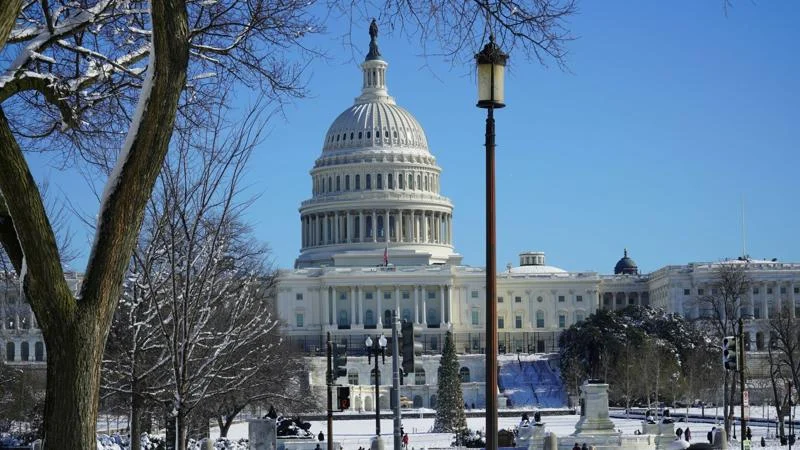The U.S. Senate Finance Committee has released some of the final pieces of Republicans’ multitrillion-dollar budget reconciliation bill implementing President Donald Trump’s policy priorities.
Yet the major tax policy changes have already caused an uproar among Republican lawmakers in both chambers, jeopardizing the bill’s chances of reaching Trump’s desk by his self-imposed July 4 deadline.
Released Monday evening, the committee’s revisions to the House-passed One Big Beautiful Bill Act include making key provisions of the expiring 2017 Tax Cuts and Jobs Act permanent, rather than the House’s 10-year extension.
“This bill prevents an over-$4 trillion tax hike and makes the successful 2017 Trump tax cuts permanent, enabling families and businesses to save and plan for the future,” Senate Finance Committee Chairman Mike Crapo, R-Idaho, said Monday. “It powers the economy by permanently extending critical pro-growth provisions and introduces new incentives for domestic investment, providing certainty for American job creators to spur domestic economic activity and invest in their workers.”
The codification of the TCJA could surge the national debt and deficit, given the trillions of dollars in federal revenue loss by 2034, according to budget watchdogs.
This includes the $15,000 maximum standard deduction, the 20% Qualified Business Income deduction, and the doubled child tax credit of $2,000, though both parents now need a Social Security number to claim it.
It also would make key business tax credits permanent – full reimbursement for capital investments, an expanded deduction for corporation’s interest on debt, and streamlined deductions for companies’ research costs.
Despite rumors the committee would axe certain temporary tax proposals in the OBBBA, lawmakers kept the four-year provisions nixing taxes on tips and overtime and ending interest on loans for American cars. However, it lowers a temporary $500 boost to the child tax credit that the House included, instead capping it at $2,200 for the next four years.
The changes also would cap the Medicaid provider tax at 3.5%, down from the House’s version that bans states from raising provider taxes higher than 6%.
The committee infuriated fiscal hawks in the House and Senate by slowing phaseouts of renewable energy subsidies from the 2022 Inflation Reduction Act, though those could still change in future negotiations.
Senate Majority Leader John Thune, R-S.D., may still be able to get 51 votes for the filibuster-skirting bill to pass the upper chamber. But the Senate committee’s sledgehammer to the House’s quadrupled state and local tax (SALT) deduction cap will make the bill “dead on arrival” when it returns to the lower chamber, according to Rep. Mike Lawler, R-N.Y., and other New York lawmakers.
The committee’s changes to SALT — making the current $10,000 SALT deduction cap permanent rather than raising it to $40,000 — undo crucial negotiations Speaker Mike Johnson, R-La., made to get the OBBBA through the House.
That number could also change, however, as Senate leaders assured lawmakers it is only a placeholder as they continue to haggle over a final compromise number.






